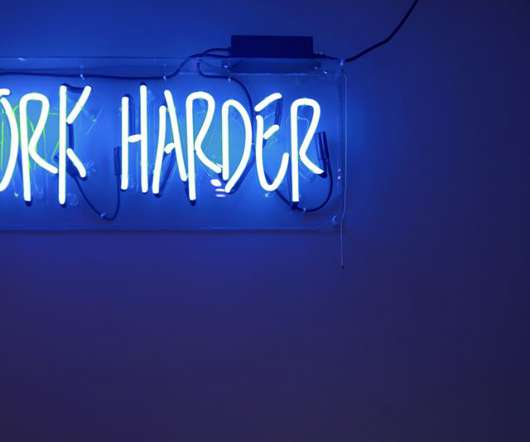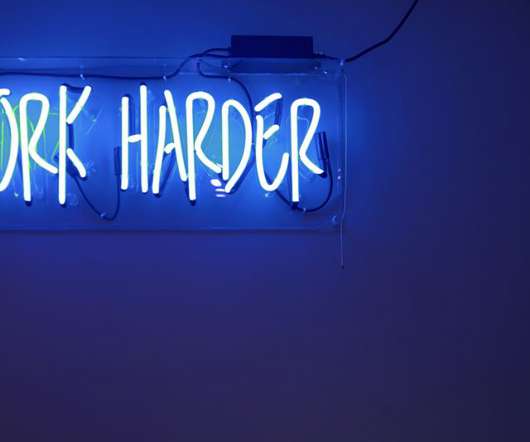M: Expectancy
LDRLB
MARCH 16, 2012
Expectancy theory attempts to explain the mental processed of choice or choosing. The theory itself was first proposed by Victor Vroom, who served as a professor at Yale School of Management. These elements are: valence, instrumentality and expectancy. Expectancy theory presents a formula for motivation.













Let's personalize your content